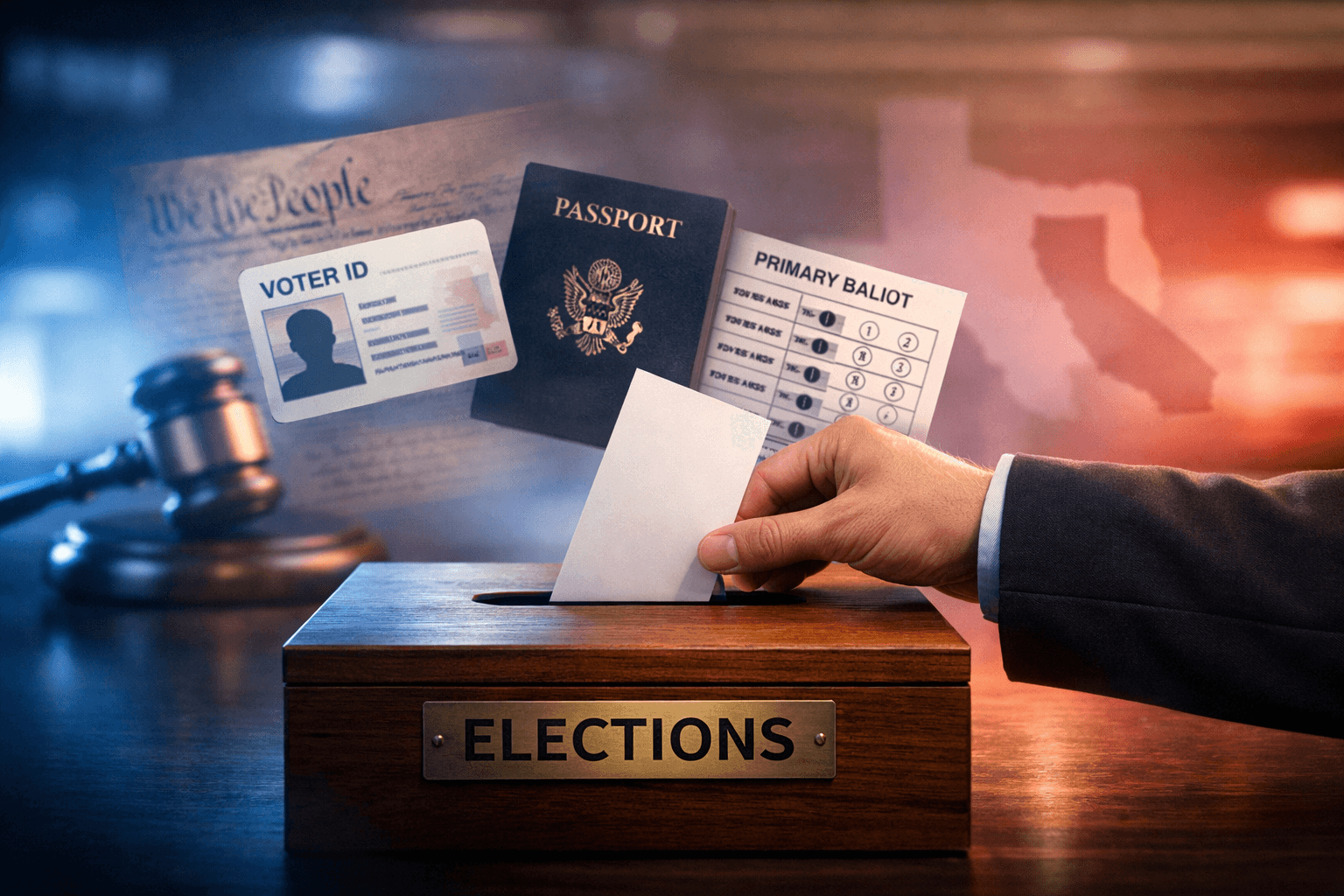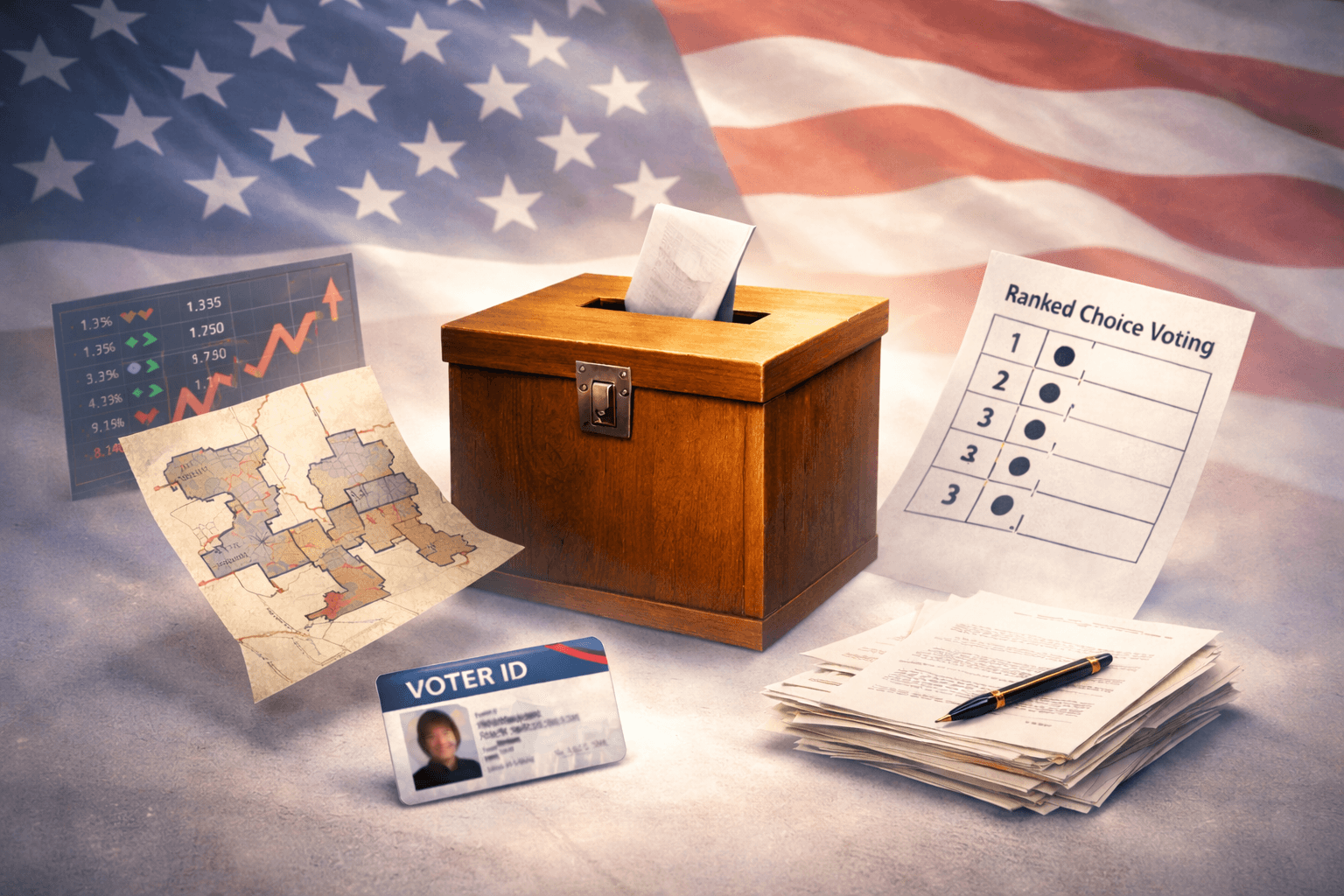A Recent Court Decision Could Reshape the Legal Battle over Closed Primaries

Editor's Note: This op-ed originally published on The Fulcrum and has been republished on IVN with permission from the publisher.
Litigation is often seen as a zero-sum game of wins and losses. In that lens, a recent 11th Circuit decision that upholds Florida’s closed primary system has been declared another win for political parties and closed primaries. But it’s the wrong framing. Dozens of losses in court have often preceded landmark court rulings on civil rights. Asking a court to upend decades of support for a major aspect of our election system is rarely achieved in a single case. The more important question is whether any case advanced the legal debate. There is no doubt that Michael J. Polelle v. Florida Secretary of State is an important step forward in the legal dismantling of closed primaries.
Polelle is an independent voter from Sarasota. The Republican primary has determined who gets elected from Sarasota for more than fifty years. As an independent, Mr. Polelle was faced with the same choice that millions of independents face in closed primary states—join a party whose platform you don’t support in order to vote in a state-funded election or lose any meaningful opportunity to impact who represents you. Mr. Polelle chose a third option—he challenged the system in court.
The key issues of the case revolved around whether an independent voter can claim an injury in being barred from participating in a partisan primary and whether any remedy would override the state’s interest in maintaining closed primaries. While the court eventually found against Mr. Polelle, it did so only after finding in favor of him on the former question and significantly advancing the conversation on the latter.
On the issue of standing, the court found in favor of the plaintiff. It determined that he had in fact suffered an imminent injury by being denied the right to participate in Florida's primary. The court went on to rule that any requirement that forces an independent voter to either register with a political party or forfeit his ability to a meaningful vote puts him at a concrete disadvantage to other voters and is a potential equal protection clause violation. By doing so, the court has swung the door wide open for future legal challenges by independents in other jurisdictions.
As the court went on to rule on the merits of the case, the majority opinion tended to follow established precedent. In so doing, it relies on cases such as Nader v. Schaffer, in which the Supreme Court upheld the constitutionality of closed primary systems. Any careful reading of Nader or previous cases, however, reveals a substantial lack of sympathy for independent voters, suggesting that voting is only one of many ways to affect the political process and that the denial of that right is insubstantial.
The majority opinion of this court shows none of the dismissiveness that previous courts had exhibited towards independents. Indeed, it takes the plaintiffs’ voting rights seriously and subjected them to a considered balancing test against the state’s interest in preserving the political parties. Whether or not one might agree with the legal standard the court used or its conclusion for that matter, the court recognizes for the first time that independent voter rights deserve serious consideration. They also conclude with a statement that they don’t endorse closed primaries, even suggesting that open and nonpartisan systems are potentially more favorable systems. No small admission.
The concurring opinion offers a series of firsts for any court on the issue of independent voters. Indeed, Judge Abudu declares that the precedent for the court’s decision deserves to be seriously reconsidered. She underscores such by analogizing independent voters with other marginalized groups that courts have historically ruled in favor of and invoked Terry v. Adams as evidence—a case in which the Supreme Court struck down an electoral scheme for primary elections, which systematically excluded Black voters.
Equally unprecedented, the concurring opinion explores the massive change in the electorate, the numerical rise of independent voters, and who they are—with a serious consideration of the particular growth of independents of color. No court has ever undertaken such an analysis.
Polelle is the perfect example of a case lost well. It marks the beginning of a serious consideration of independent voters by federal courts. That’s happening in a context where the growth of independents is putting pressure on every aspect of our political system. As litigation in state courts grows and explores various constitutional challenges to closed primaries as well, one thing is clear: a legal reckoning on closed primaries is coming.
Editor's Note: Notably, the Independent Voter Project, a co-sponsor of IVN, filed a lawsuit in New Jersey in 2015 over the state's closed primaries that was considered in the Third Circuit Court of Appeals and was petitioned to the US Supreme Court. It also filed a lawsuit in California in 2019 challenging the state's use of semi-closed primaries in presidential elections that was similarly appealed to the California Supreme Court and the US Supreme Court.
About The Author
Jeremy Gruber is senior vice president of Open Primaries and co-author of “Let All Voters Vote: Independents and the Expansion of Voting Rights in the United States.”






